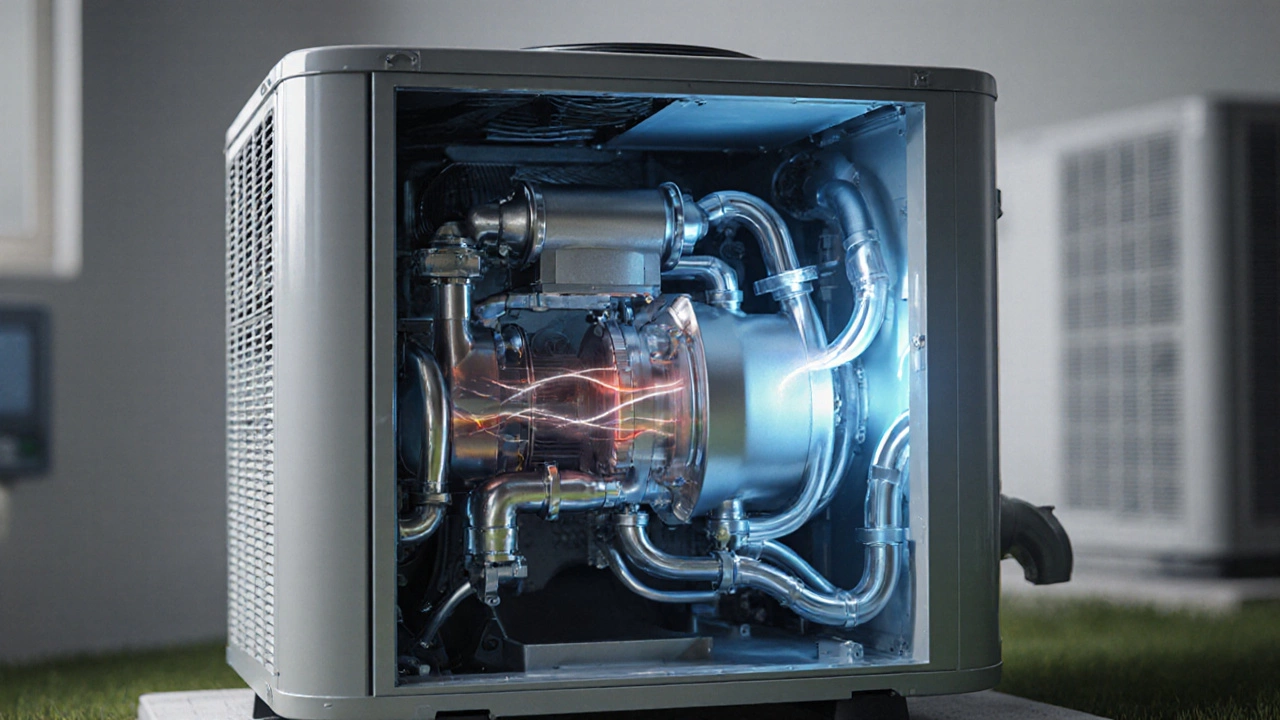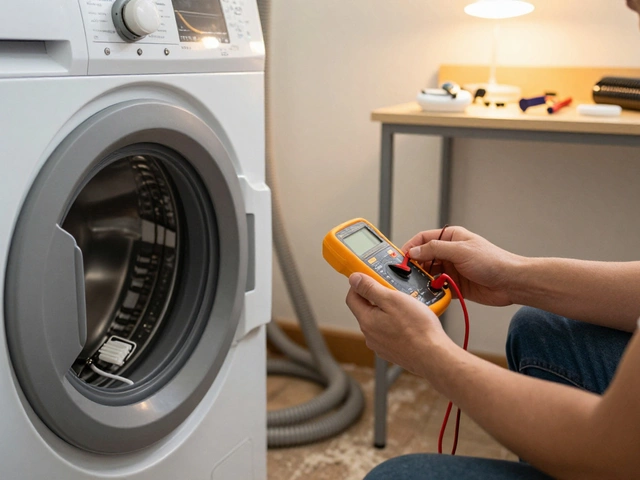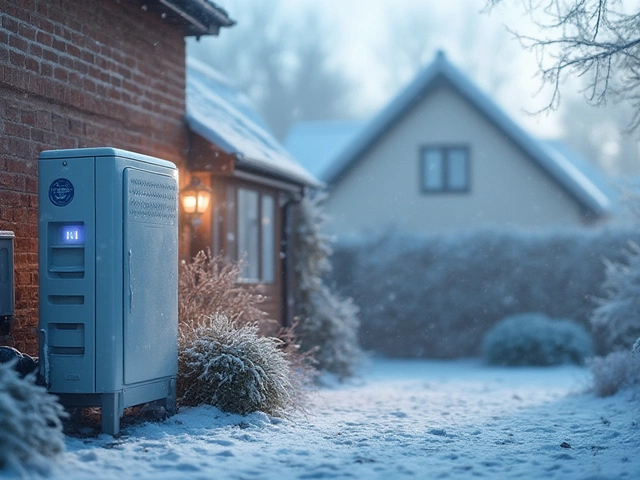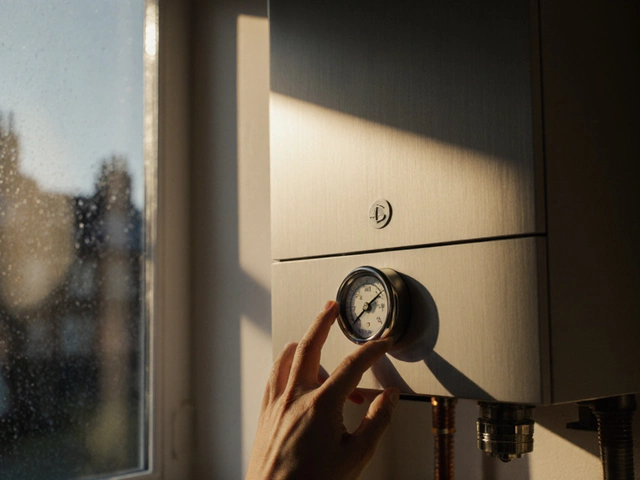When you hear HVAC compressor price, the total amount you’ll pay for a new or refurbished compressor, including parts, labor, and any required accessories. Also called HVAC unit cost, it varies widely based on capacity, brand reputation, and installation complexity. The price is tightly linked to the HVAC compressor, the core component that circulates refrigerant in heating and cooling systems, and the overall HVAC system, the network of ducts, controls, and indoor units that deliver conditioned air. Understanding these connections helps you read a quote, compare options, and avoid surprise charges.
First, capacity matters. A 2‑ton compressor for a medium‑size home costs more than a 1‑ton unit for a small apartment because it moves more heat per hour. Second, brand and warranty play big roles. Premium manufacturers often charge a premium, but their warranties can save you money if the part fails early. Third, installation labor is not a flat rate; it depends on how accessible the existing unit is, whether ductwork needs modification, and if extra controls are required. Finally, seasonal demand spikes prices – a summer rush for cooling units pushes costs up, while winter sees lower rates for heating‑focused compressors.
When you combine these attributes, the HVAC compressor price can be broken into three clear parts: the equipment cost, the labor cost, and any ancillary expenses like refrigerant recharge or disposal fees. For example, a mid‑range 2‑ton compressor might run £800‑£1,200, while professional installation adds £300‑£600, and a refrigerant refill adds another £100‑£150. These numbers create the baseline for most homeowners, but real‑world quotes often include discounts for bulk orders or promotions from local HVAC repair, service companies that handle both diagnosis and replacement firms.
Another often‑overlooked piece is the cost of removing the old unit. Some installers charge a flat disposal fee, while others include it in the labor estimate. If your old compressor contains hazardous refrigerants, special handling may be required, increasing the total price. It’s also worth checking whether the new compressor comes pre‑charged with refrigerant; many manufacturers ship units empty to meet environmental regulations, meaning you’ll pay extra for the charge.
From a budgeting perspective, look at the lifespan and efficiency rating. A higher‑efficiency compressor may have a larger upfront price but can cut your energy bills by 10‑20% each year. Over a typical 10‑year lifespan, the savings often outweigh the initial premium. Conversely, a cheap, low‑efficiency model could save you money now but cost more in electricity and maintenance over time. Calculate the total cost of ownership – purchase price plus estimated energy use – before you decide.
Finally, don’t forget regional variations. In Bognor Regis, local labour rates and supply chain logistics affect the final figure. Local experts can often source equivalent models at lower cost than national chains because they have direct relationships with distributors. Asking for a detailed breakdown from a few providers will let you compare like‑for‑like and spot hidden fees.
Armed with this knowledge, you’ll be able to read any quote, ask the right questions, and negotiate confidently. Below you’ll find a collection of articles that dive deeper into specific aspects – from diagnosing compressor issues, budgeting for replacement, to DIY tips for simple checks. Use them to fine‑tune your decision and keep your heating and cooling system running smoothly without breaking the bank.

Find out the 2025 price range for heat pump compressors, what factors affect cost, how to get accurate quotes, and whether DIY or professional installation is best.

This article breaks down what an appliance standard really is and why it matters when you’re buying or servicing home appliances. You’ll learn about the rules that keep appliances safe and efficient, plus tips for spotting compliant models. It explains how standards affect your bills and the planet. Real-world examples make it clear and easy to understand. Use this guide to make smarter choices about your appliances.

Who pays for boiler maintenance? Landlords must cover it for tenants. Homeowners pay for everything. Warranties don't cover servicing. Annual checks are legally required and save lives.

Learn how to fix common dryer problems yourself-no experience needed. Save money and avoid service calls with simple repairs like replacing belts, fuses, and cleaning vents.

Wondering what temperature makes a heat pump stop working well? Learn the cold limits, key facts, and expert tips for running heat pumps in harsh winters.

Step‑by‑step guide to diagnose common boiler problems, covering pressure, thermostat, fault codes, leaks, and when to call a professional.